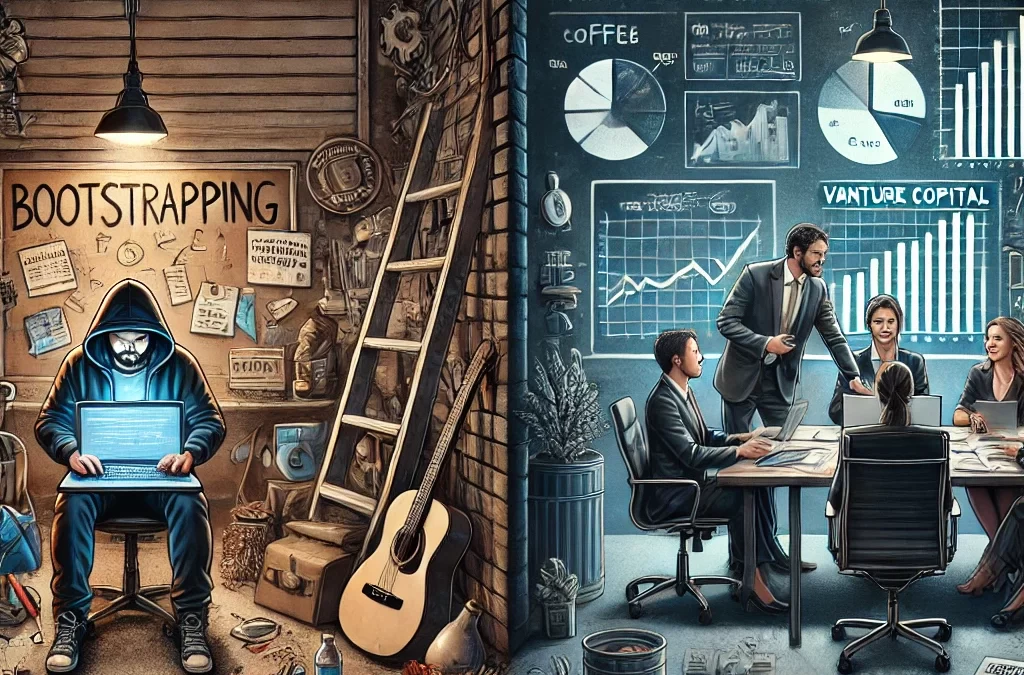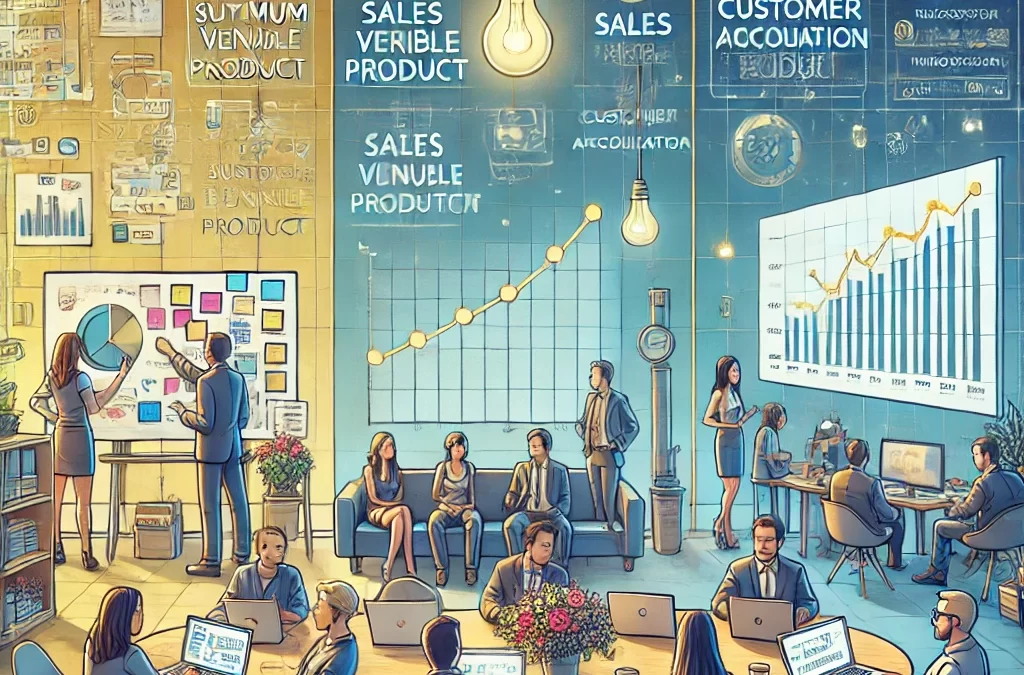Texas as an Emerging Hub for Technological Innovation: Opportunities and Challenges
Abstract
Texas has rapidly gained recognition as a significant destination for technology startups, emerging as a competitor to established hubs like Silicon Valley and New York. Key factors driving this transformation include business-friendly policies, a lower cost of living, and a robust talent pool. This article examines the factors contributing to Texas’s growing prominence in the technology sector, explores the opportunities it offers to entrepreneurs, and analyzes the challenges that may influence its trajectory as a tech ecosystem.
Introduction
Over recent years, Texas has become an attractive destination for technology startups, leveraging its unique advantages to establish itself as a leading innovation hub. Cities such as Austin, Houston, and Dallas, alongside smaller emerging centers, are fostering an environment conducive to technological growth. This paper delves into the factors shaping Texas’s rise as a tech epicenter, the infrastructure supporting startups, and the implications for the state’s future as a global player in innovation.
Texas’s Competitive Advantages
Texas’s appeal to startups is rooted in its favorable economic and regulatory environment. With no state income tax, low corporate tax rates, and relatively minimal regulatory barriers, the state offers significant cost advantages for entrepreneurs. This fiscal environment has not only drawn emerging companies but also attracted major players such as Tesla, Oracle, and Apple, bolstering confidence in Texas’s long-term potential as a technology center.
Furthermore, the lower cost of living in Texas compared to traditional tech hubs enables startups to allocate resources more effectively, extending the impact of their funding. This affordability, combined with Texas’s commitment to fostering innovation across diverse industries, positions the state as a promising destination for both nascent and established ventures.
The Role of Community and Infrastructure
The development of a cohesive startup ecosystem is integral to sustaining technological growth. Texas boasts a strong network of incubators, accelerators, and co-working spaces—such as Capital Factory and Tech Ranch—that provide crucial support to early-stage companies. These organizations facilitate mentorship, networking, and access to investors, creating a collaborative environment essential for entrepreneurial success.
Texas’s academic institutions also play a pivotal role. Universities such as the University of Texas at Austin, Rice University, and Texas A&M contribute skilled graduates and host innovation programs that act as incubators for groundbreaking ideas. The synergy between academia and industry ensures a steady pipeline of talent and innovation.
Investment Trends and Financial Ecosystem
While California and New York maintain their dominance in venture capital (VC), Texas is steadily gaining traction as a destination for investors. The state’s diverse economic base—including sectors such as energy, healthcare, and artificial intelligence—attracts specialized investment, broadening opportunities for startups. Additionally, the lower operating costs in Texas enable startups to achieve greater milestones with comparatively smaller funding, enhancing their appeal to investors.
Sectoral Diversity as a Catalyst for Innovation
Texas’s technology ecosystem stands out for its breadth, encompassing industries such as energy, healthcare, aerospace, and clean technology. This diversity mitigates risks associated with over-reliance on a single sector, offering startups a wide range of avenues for innovation.
For instance, the energy sector, historically dominated by oil and gas, is increasingly incorporating renewable energy technologies. Similarly, healthcare hubs like Houston’s Texas Medical Center foster advancements in telemedicine, biotechnology, and health informatics, demonstrating the potential for cross-sector innovation.
Challenges to Sustainable Growth
Despite its advantages, Texas’s burgeoning tech ecosystem faces notable challenges. Intense competition for skilled talent, particularly in software engineering and data science, poses a significant hurdle for startups competing with larger firms offering higher compensation. Additionally, the rise of remote work has increased labor mobility, allowing Texas-based talent to work for out-of-state companies, potentially weakening the local talent pool.
Infrastructure development remains another critical concern. Rapid urban growth has led to rising housing costs, traffic congestion, and inadequate digital infrastructure in cities like Austin. Addressing these issues is essential to sustaining Texas’s attractiveness as a tech hub.
Future Prospects and Emerging Trends
Looking ahead, Texas is poised to lead in cutting-edge fields such as artificial intelligence, machine learning, and blockchain technology. Clean technology is also gaining momentum, with startups leveraging Texas’s investments in renewable energy sources like wind and solar power. These sectors not only drive economic growth but also align with global trends emphasizing sustainability and innovation.
Collaboration among startups, universities, and policymakers will be pivotal in ensuring the state’s continued growth. Initiatives supporting infrastructure improvements, talent development, and cross-sector partnerships will be instrumental in maintaining Texas’s competitive edge.
Conclusion
Texas’s ascent as a technology hub underscores its potential to rival traditional innovation centers. With its favorable economic environment, diverse industries, and strong talent pipeline, the state is well-positioned to support a thriving startup ecosystem. While challenges such as talent competition and infrastructure demands persist, Texas’s commitment to fostering innovation provides a solid foundation for sustained growth. Entrepreneurs seeking opportunities in technology can find in Texas a fertile ground for launching transformative ideas and contributing to a dynamic future for the global tech landscape.
What's your reaction?
Excited
0
Happy
0
In Love
0
Not Sure
0
Silly
0






